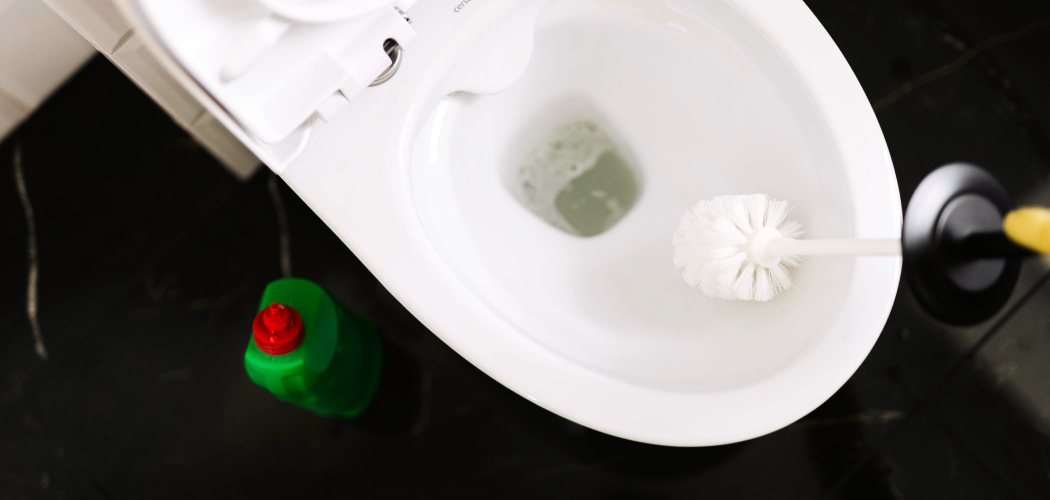Dealing with a clogged trailer toilet can be one of the most frustrating challenges for RV owners. Beyond the inconvenience, it can lead to unpleasant odors, costly repairs, and even long-term damage to your plumbing system if not addressed promptly. Understanding how to unclog trailer toilet problems is essential for maintaining a clean and functional restroom in your trailer.
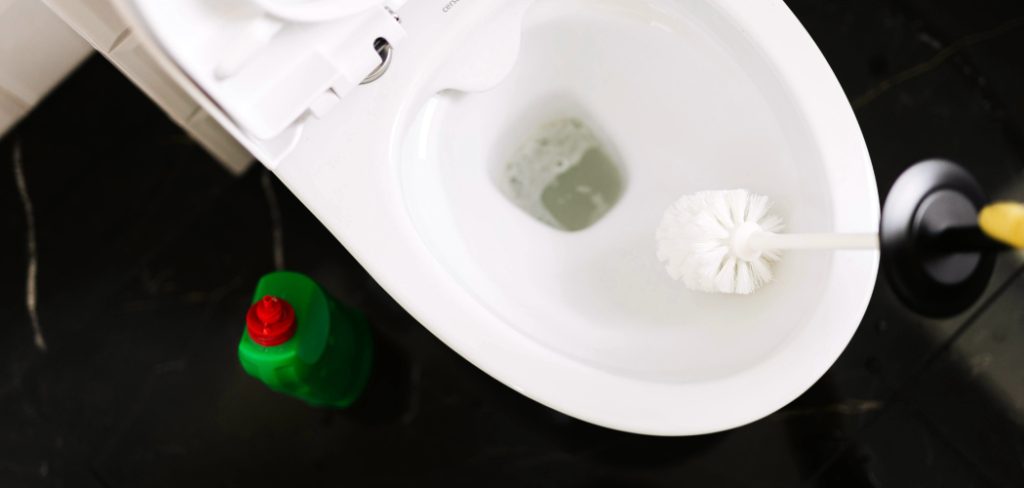
Common causes of clogs include improper waste breakdown, excessive use of toilet paper, or even foreign objects accidentally entering the system. These issues can disrupt your travel plans and create stressful situations, especially when you’re far from professional assistance. This guide is designed to walk you through effective, safe, and practical solutions, ensuring you can tackle clogs with confidence. By learning these preventative and remedial measures, you can keep your trailer toilet in optimal condition and avoid future mishaps.
Understanding Why Trailer Toilets Clog
Design and Functionality
Trailer toilets operate differently from household toilets, with their unique design tailored for mobility and limited resources. Most trailer toilets utilize a gravity-fed system, where waste is directed directly into a holding tank located beneath the toilet. The holding tank temporarily stores waste until it can be emptied at a designated dump station.
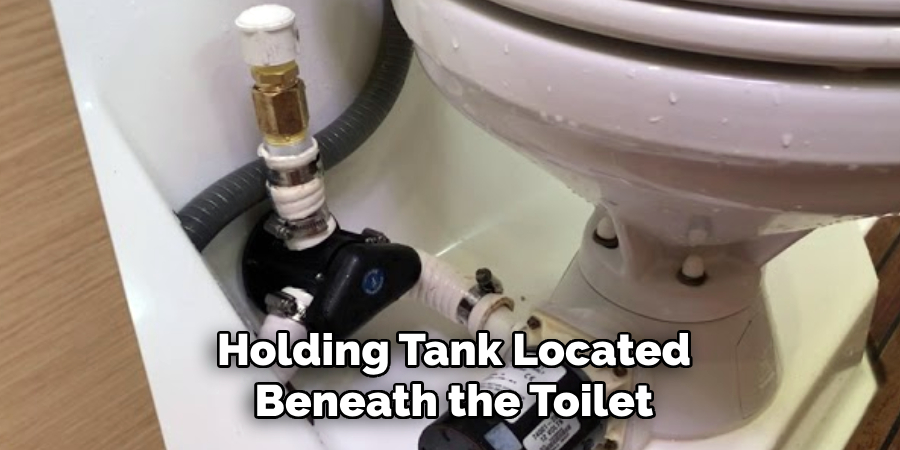
These systems rely on controlled water usage for flushing and may include specific chemicals to help break down waste and reduce odors. However, the compact and efficient design of trailer toilets also makes them more susceptible to clogs if not properly maintained.
Common Causes of Clogs
One major cause of clogs is the improper disposal of waste materials. Items like non-dissolving toilet paper, wipes, or feminine hygiene products can block the system. Additionally, insufficient water usage during flushing can lead to waste not fully moving into the holding tank, causing buildup over time. Mineral deposits, such as calcium or lime, or debris can also obstruct pipes and valves, further complicating the situation.
Signs of a Clog
Recognizing the symptoms of a clog can help you address issues early. Typical signs include slow draining, unpleasant odors emanating from the toilet, or waste backing up into the bowl. Promptly identifying and resolving these symptoms can prevent further damage to your plumbing system.
How to Unclog Trailer Toilet: Immediate Steps to Unclog a Trailer Toilet
Plunge the Toilet
Begin by using a specialized plunger designed for RV or trailer toilets. These plungers are typically smaller and more flexible than standard ones, making them better suited for the job. To use it effectively, position the plunger over the drain opening and create a proper seal by pressing it firmly against the surface. Apply steady, even pressure to push and pull without excessive force. This action helps create suction to dislodge the clog. Avoid overly aggressive plunging, as it may damage the toilet’s sensitive components.
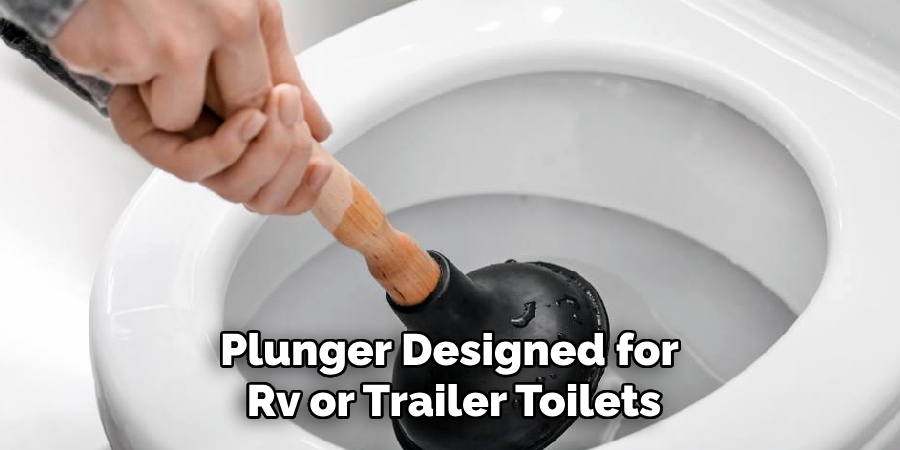
Add Hot Water
If plunging isn’t enough, try pouring a bucket of warm water into the toilet bowl from about waist height. The added pressure and heat can help soften and loosen the clog, making it easier to flush away. Use only warm water, not boiling, to avoid warping or cracking the toilet’s plastic parts. Pour the water gently and monitor the flow, pausing if the clog seems to overflow.
Use a Toilet Snake
A flexible toilet snake or auger may be necessary for particularly stubborn clogs. Insert the snake carefully into the toilet drain, turning the handle to guide it through bends and traps. The snake’s tip is designed to grip or break apart clogs, allowing them to pass through the pipes into the holding tank. Be gentle to prevent scratching or damaging the plumbing.
Check the Holding Tank
Finally, inspect the black water tank to ensure it isn’t full or blocked, as this can contribute to clogs. If the tank is nearing capacity, empty it at an appropriate dump station. If a blockage is suspected in the tank’s exit valve, use a tank cleaning wand or backflushing system to clear it out. Regular maintenance prevents clogs and extends the life of your plumbing system.
How to Unclog Trailer Toilet: Using Chemical and Natural Solutions
RV-Safe Chemicals
One of the most effective ways to deal with stubborn clogs in trailer toilets is by using RV-safe de-clogging chemicals. These products are specially formulated to break down waste and toilet paper without damaging your RV’s plumbing system or threatening the environment. Enzyme-based cleaners are a popular choice, as they use natural bacteria and enzymes to digest organic material safely.
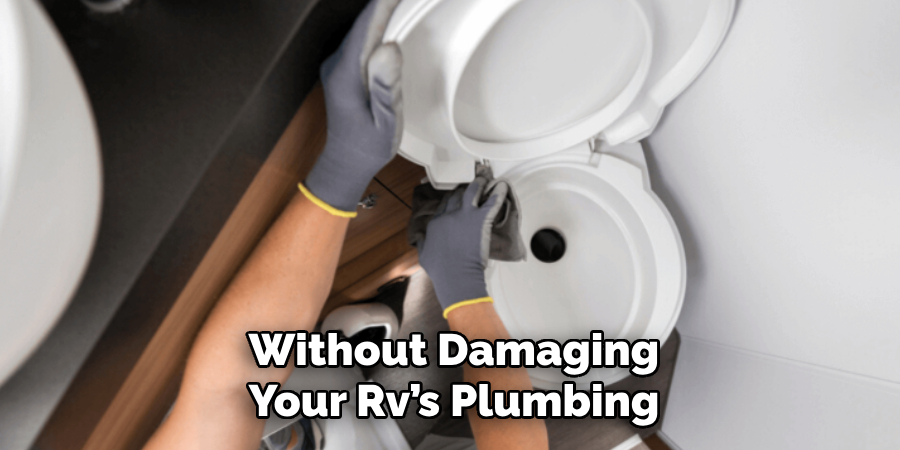
To use an RV-safe chemical de-clogger, follow the manufacturer’s instructions closely. Typically, you’ll need to pour the recommended amount of the product into the toilet, allow it to sit for several hours or overnight to work on the clog, and then flush with a generous amount of warm water. Combining time and the product’s active ingredients should help loosen or dissolve the clog effectively.
Homemade Remedies
For those who prefer a natural, eco-friendly alternative, a mixture of baking soda and vinegar can serve as an excellent homemade remedy. This combination helps break apart clogs and works as a deodorizer for your RV’s toilet system. Pour one cup of baking soda directly into the toilet bowl to try this method. Follow this by slowly adding one cup of vinegar as the mixture begins to fizz. Allow the fizzy reaction to continue for at least 10–15 minutes.
This process helps to break down lighter clogs and can even clean the inside of the toilet bowl. After letting it sit, flush the toilet with warm water and monitor the flow. Repeat the process if necessary for more stubborn clogs. This natural remedy is gentle on your RV’s plumbing and less harmful to the environment than chemical alternatives.
Avoiding Harmful Substances
While it may be tempting to use strong household chemicals like bleach or industrial drain cleaners, these substances should never be used in an RV toilet system. Harsh chemicals can degrade seals, corrode pipes, and damage the delicate parts of the tank, leading to costly repairs. Additionally, such substances can harm the beneficial bacteria needed for proper waste breakdown in the holding tank, disrupting the system’s balance.
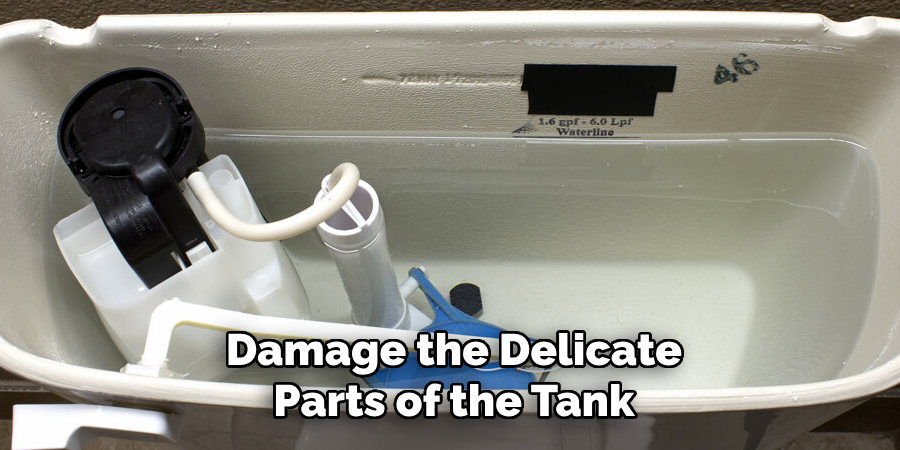
Harsh chemicals also pose serious environmental risks when they end up in wastewater systems. Always check the labeling on any de-clogging product to ensure it is RV-safe, and avoid introducing non-recommended substances into your plumbing. Practicing safe and environmentally-conscious methods ensures the longevity of your system and protects the surrounding ecosystem.
By using a combination of RV-safe chemicals and homemade remedies and avoiding harmful substances, you can keep your trailer toilet clog-free while maintaining the integrity of your plumbing system. Proper care and consistent maintenance go a long way in preventing major plumbing issues during your travels.
Preventing Future Clogs
Use RV-Safe Toilet Paper
One of the simplest ways to prevent clogs in your RV toilet system is by using RV-safe, quick-dissolving toilet paper. This special type of toilet paper breaks down much faster than regular varieties, reducing the risk of buildup in your holding tank. It’s essential to maintain a smoothly flowing system during your travels.
Flush with Plenty of Water
Flushing with plenty of water ensures that waste is adequately carried through the plumbing system and into the holding tank. Insufficient water can lead to waste accumulating and forming clogs. Make it a habit to use ample water with every flush to maintain optimal flow.
Regular Tank Maintenance
Consistent maintenance of your holding tank is key to preventing future plumbing issues. This includes emptying the tank regularly, followed by thorough cleaning. Routine maintenance prevents waste buildup and keeps odors under control, ensuring a more pleasant RV experience.
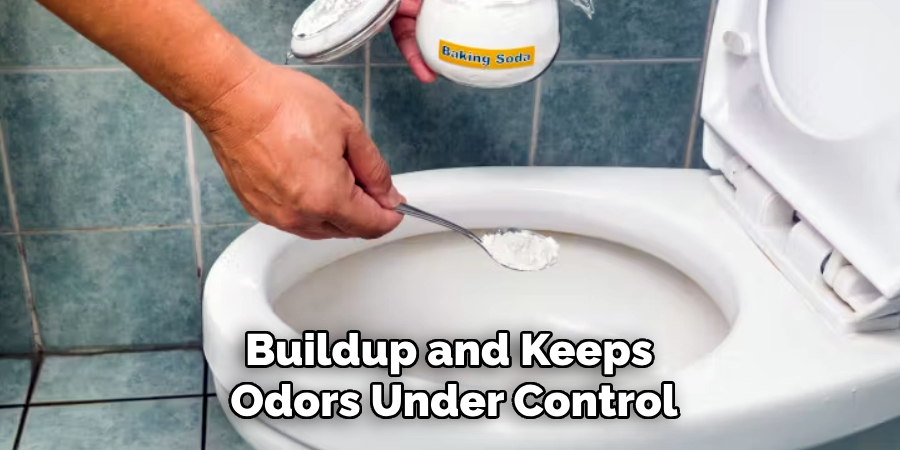
Avoid Flushing Foreign Objects
Never flush items like baby wipes, feminine hygiene products, paper towels, or food waste to keep your system clog-free. These materials do not dissolve properly and can quickly lead to blockages or damage in your plumbing system. Always dispose of these items in appropriate waste bins.
When to Seek Professional Help
Even with regular maintenance, there may be instances where professional assistance is required to address persistent plumbing issues.
Persistent Clogs
If clogs persist despite multiple attempts to clear them using plungers, tank treatments, or flushes, it is time to call in a professional. Repeated blockages can indicate deeper problems, such as buildup in hard-to-reach system parts or damage to essential components that require expert attention.
Tank and Valve Issues
Specialized tools and expertise are necessary for more complex repairs, such as addressing valve blockages or fixing a damaged holding tank. If you notice leaks, unusual odors, or difficulty emptying the tank, these may be signs of underlying issues that a professional can resolve effectively and safely.
Avoiding DIY Risks
Professional services ensure the proper techniques and tools are used, preventing further damage or costly repairs. Attempting to fix certain issues yourself may worsen the problem, making professional assistance a worthwhile investment for maintaining a functional and reliable plumbing system.
Safety Tips While Unclogging
When working to unclog plumbing systems, following safety precautions is essential to protect yourself and others.
Wear Protective Gear
Always wear gloves and a mask while performing any unclogging tasks. This protective gear shields you from direct contact with waste, harmful bacteria, and other contaminants, ensuring your safety and hygiene.
Proper Ventilation
Ensure that the area you are working in is well-ventilated. Proper airflow helps disperse any harmful fumes or odors that could arise during unclogging. This precaution minimizes risks to your respiratory health and makes the task less uncomfortable.
Dispose of Waste Responsibly
Any waste or debris removed during unclogging should be disposed of responsibly. Use designated disposal methods, such as sealed bags or appropriate containers, to prevent contamination and environmental harm. Taking these steps ensures both personal safety and adherence to proper sanitary practices.
Alternative Solutions for Severe Clogs
When traditional unclogging methods fail, more advanced solutions may be necessary to tackle severe clogs effectively.
Tank Flush Systems
A black tank flush system can be an excellent tool for cleaning out stubborn clogs and waste buildup in plumbing systems. This system works by injecting pressurized water directly into the tank, dislodging accumulated debris, and ensuring a thorough cleaning. Regular use of a tank flush system can also prevent clogs from forming in the future, maintaining the overall functionality of your plumbing.
High-Pressure Water Systems
High-pressure water tools like jet sprays are another effective solution for breaking up clogs. These systems deliver a concentrated stream of water that can cut through even the toughest blockages. They are handy for complex plumbing configurations that other tools might struggle to reach. Always follow manufacturer instructions when using high-pressure equipment to ensure safety and avoid damaging your system.
Inspecting the Vent Pipe
Severe clogs or drainage issues can sometimes result from blockages in the toilet’s vent pipe. The vent pipe is critical in regulating airflow and maintaining proper drainage. Use a flashlight to inspect the pipe for obstructions, or consider professional assistance to clear it if necessary. Addressing vent pipe blockages can restore normal function to your system.
Conclusion
Unclogging a trailer toilet involves several key steps to ensure effective results. Immediate remedies, such as plungers or drain snakes, can address minor blockages, while chemical or natural solutions like enzyme-based treatments provide additional clearing power. High-pressure water systems and vent pipe inspection are essential for more severe clogs. Regular maintenance and proper waste disposal are crucial to preventing future clogs. Knowing “how to unclog trailer toilet” promptly helps avoid escalating issues that can damage your plumbing. Always act quickly and consult professional assistance when necessary to maintain the functionality and longevity of your system.

